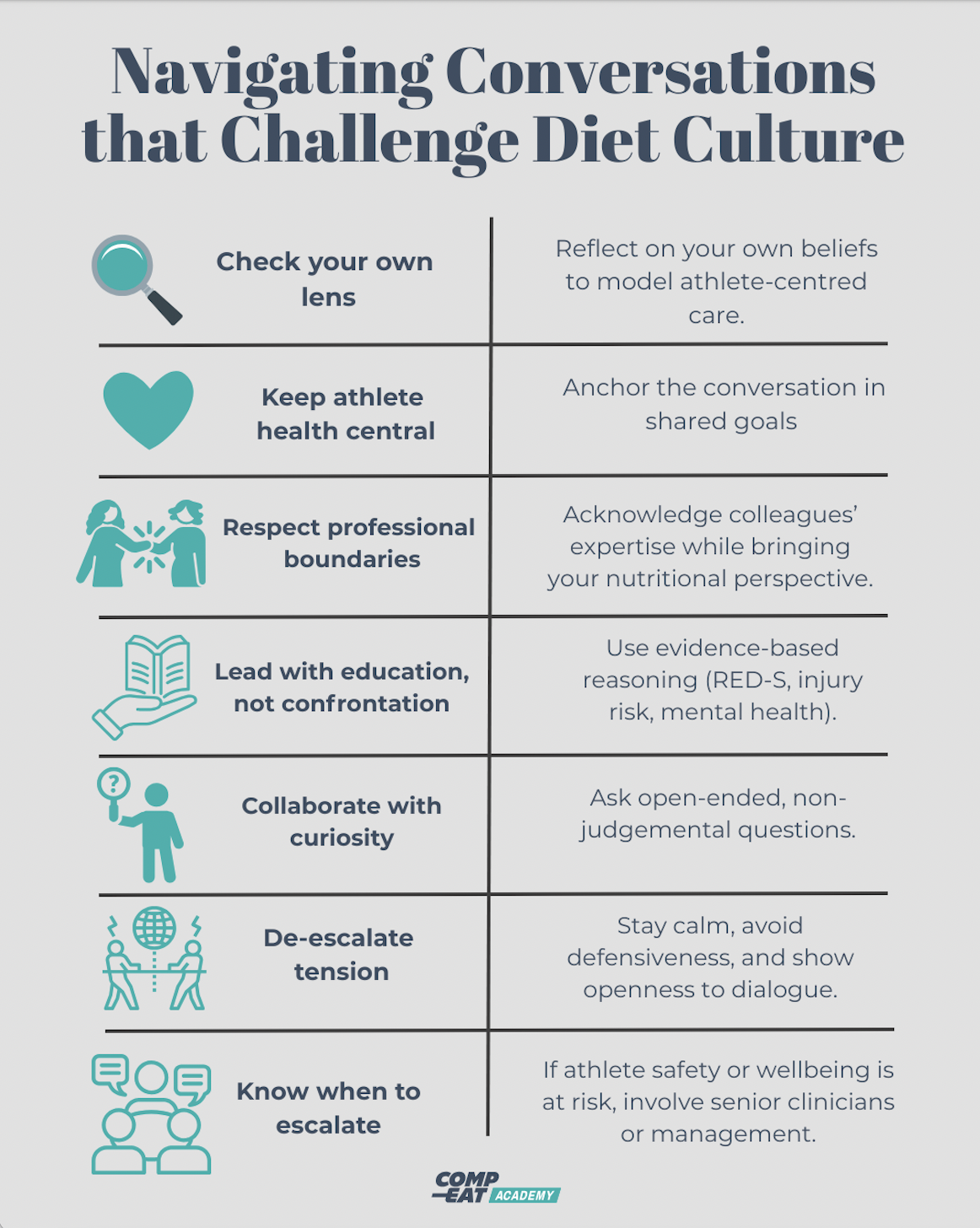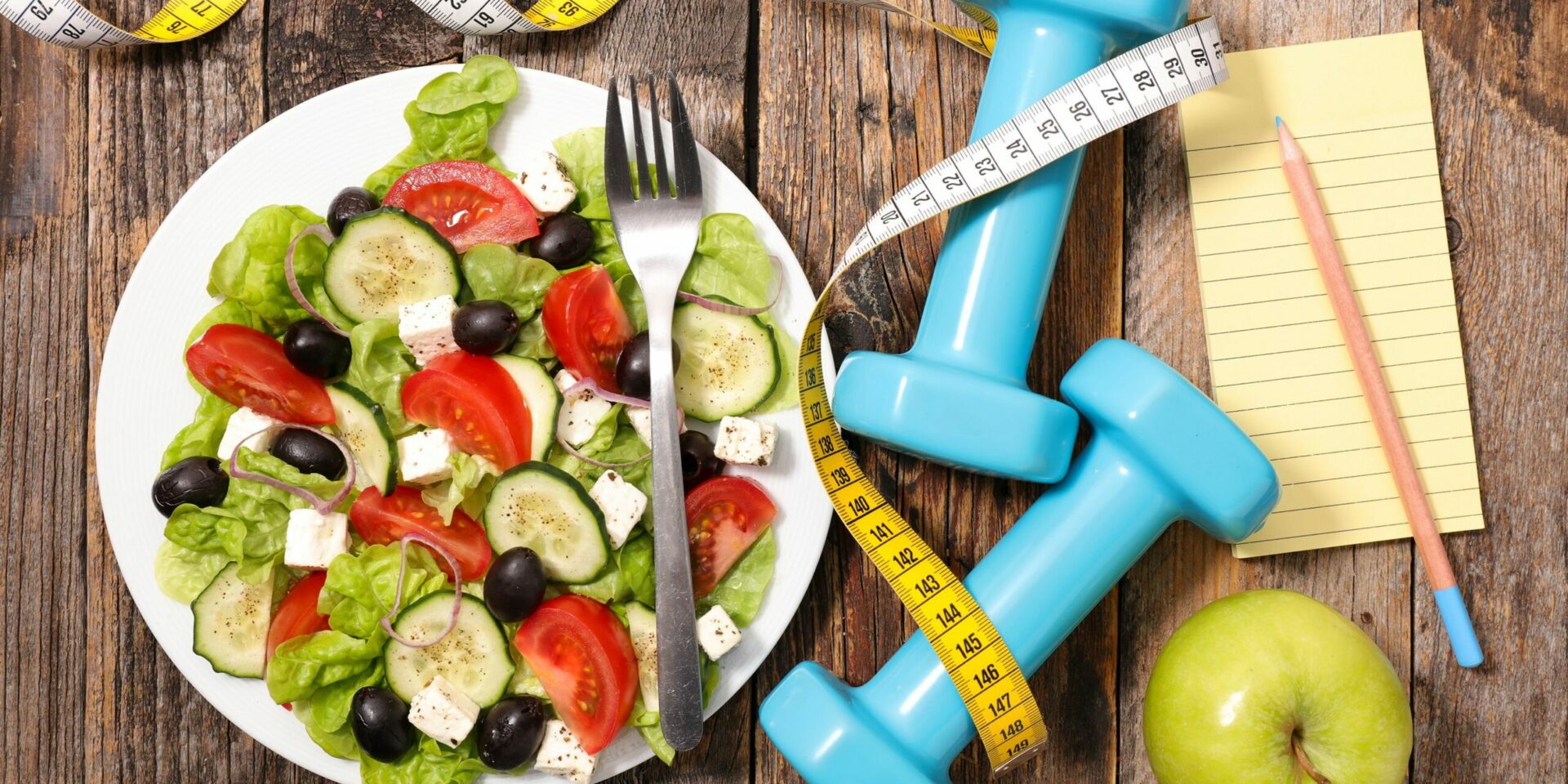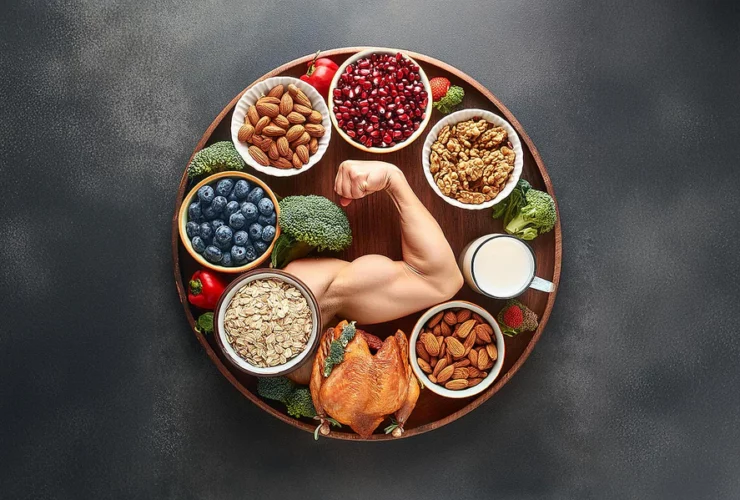Diet Culture in Sport: A New Era of Athlete Care
In sport, we often talk about discipline, grind and marginal gains. But somewhere along the way, these concepts can morph into something less helpful – a culture where body size, weight, or leanness is prioritised over performance, health and autonomy.
This is what we call diet culture in sport.
It’s an environment where food, numbers, and body shape become tied to an athlete’s worth or readiness to perform – often unintentionally, and often reinforced by the people trying to help.
Why Language and Practices Matter
The way the multidisciplinary team communicates with athletes through words, feedback, and everyday conversations, plays a powerful role in shaping how athletes view food, their bodies, and their performance.
Comments made about “leaning up”, “tightening nutrition”, or even “being more disciplined” might seem harmless, but for athletes, these messages can land differently.
Athletes of all ages, sports and competitive levels can be affected by diet culture within their sport. During their formative years, they’re navigating changes in their bodies, routines, and sense of self and when performance becomes intertwined with identity, comments about food, weight or appearance can leave lasting marks on self-worth.
Language rooted in diet culture can:
- reinforce the idea that worth or performance is tied to body size
- Increase the risk of disordered eating or REDs
- Undermine trust and psychological safety within the team
Research shows that weight-related pressures in sport are strongly linked to disordered eating and body dissatisfaction, regardless of level or discipline. For some athletes, these pressures stem not just from appearance ideals but from the belief that leanness equals better performance, a mindset that can quietly harm both health and longevity in sport.
Navigating Diet Culture Within the MDT
Challenging long-held beliefs within sport can be uncomfortable. It might mean questioning a colleague’s comment, a coach’s weigh-in routine, or an organisation’s policies.

Why it Matters
When diet culture goes unchecked, it can erode trust, increase the risk of disordered eating, and pull focus away from what truly drives performance: consistent fueling, recovery and, mental well being.
But when the MDT aligns around evidence-based, athlete-centered care, the result is powerful whereby athletes feel safe, supported and confident to perform their best.
Want to Build Confidence in Understanding Diet Culture?
Exploring diet culture goes beyond just recognising harmful language or practices – it’s about understanding how they impact individual athletes, team dynamics, and the culture we create as professionals.
We dive deeper into these conversations and more in our course: Unpacking Diet Culture in Sport: Supporting Athletes and Teams.
References:
Zaccagni L, Gualdi-Russo E. The Impact of Sports Involvement on Body Image Perception and Ideals: A Systematic Review and Meta-Analysis. Int J Environ Res Public Health. 2023 Mar 22;20(6):5228. doi: 10.3390/ijerph20065228. PMID: 36982136; PMCID: PMC10049477.
Fatt, S.J., George, E., Hay, P. et al. Comparing Population-General and Sport-Specific Correlates of Disordered Eating Amongst Elite Athletes: A Cross-Sectional Study. Sports Med – Open 10, 123 (2024). https://doi.org/10.1186/s40798-024-00791-9



